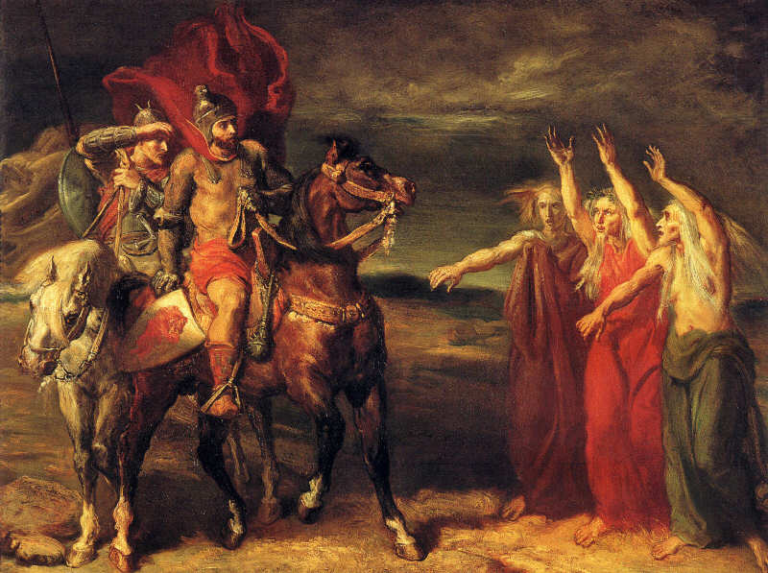Oedipus the King: A Timeless Tale of Fate, Hubris, and Truth
Oedipus the King: Introduction

In the world of classical Greek theater, few plays are as enduring and thought-provoking as Oedipus the King by Sophocles. Written over two millennia ago, this tragic masterpiece continues to captivate audiences worldwide. The enduring relevance of Oedipus the King lies in its exploration of universal themes, intricate character development, and timeless lessons that still resonate in today’s society.
Universal Themes:
At the heart of Oedipus the King are themes that transcend time and culture. Fate, free will, truth, and the consequences of one’s actions are central to the narrative. These themes strike a chord with audiences because they reflect fundamental aspects of the human experience. No matter the era, people grapple with the concepts of destiny, choice, and the pursuit of truth.

Psychological Complexity:
The character of Oedipus himself adds a layer of psychological depth to the play. His journey from ignorance to self-awareness is a testament to the enduring fascination with the human psyche. Oedipus’s internal turmoil and self-discovery raise questions about identity, self-deception, and the complexity of our inner worlds. In a modern context, we can relate to the struggle of coming to terms with our own flaws and the secrets we keep from ourselves.
Tragic Flaw:
Oedipus’s tragic flaw, his hubris or excessive pride, serves as a timeless cautionary tale. This flaw leads to his downfall, reminding us of the dangers of unchecked overconfidence. In today’s world, where arrogance and overestimation of one’s abilities can have dire consequences, Oedipus’s story remains a poignant reminder of the need for humility and self-awareness.
Moral Dilemmas:
The play presents moral dilemmas that continue to be relevant today. Should one pursue the truth at any cost, even if it leads to personal tragedy? This ethical question resonates with modern debates about honesty, transparency, and the pursuit of justice. Oedipus’s unwavering determination to uncover the truth forces us to reflect on the moral complexities of our own choices.
The Search for Truth:

Oedipus’s relentless quest for truth and his eventual realization of the painful reality parallel society’s ongoing pursuit of knowledge, transparency, and accountability. In a world where the importance of truth and authenticity is frequently discussed, “Oedipus the King” underscores the significance of truth in resolving complex issues and fostering personal growth.
Societal Context:
The play also addresses societal issues, particularly the role of leadership and the consequences of poor governance. Oedipus’s efforts to save his city reflect the responsibility of leaders in today’s world. The play’s exploration of leadership, accountability, and the impact of leaders’ actions on their communities remains pertinent in contemporary discussions of governance and social responsibility.
Irony:
Dramatic irony, a storytelling technique present in the play where the audience knows more than the characters, creates tension and engages the audience. This narrative device is still widely employed in literature, theater, and film today. It serves as a reminder of the power of storytelling and its ability to connect with audiences across generations.
Influence on Literature and Theatre:
Oedipus the King has left an indelible mark on subsequent literature and theatre. It laid the foundation for the tragic genre, influencing countless works of art and literature over the centuries. Its enduring legacy is a testament to its enduring relevance and impact on storytelling.
Analyzing Human Behavior:
The play provides an opportunity for audiences to analyze human behavior, motivations, and the intricate interplay between individuals and their destinies. This analytical aspect remains relevant in fields such as psychology, philosophy, and literature, where scholars continue to explore the depths of human nature and the complexities of our choices.
Conclusion:
In a world marked by rapid change and evolving values, Oedipus the King stands as a timeless beacon of literary brilliance. Its exploration of universal themes, intricate character development, and enduring lessons make it a compelling narrative that continues to resonate with audiences today. As we delve into the depths of fate, hubris, and truth within the pages of this ancient masterpiece, we are reminded of the enduring power of storytelling to illuminate the human condition across the ages.






